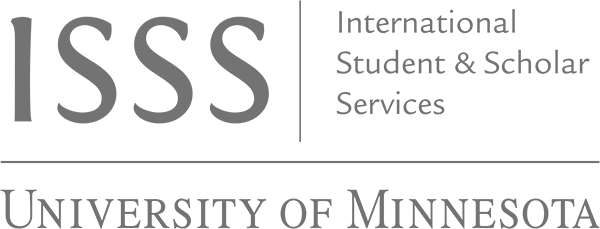F-1 or F-2 status can be acquired in one of two ways: Reentry to the U.S. or Change of Status.
- Re-entry to the U.S. refers to departing the U.S. to obtain an F-1 or F-2 visa at a U.S. embassy or consulate, and then re-entering the U.S. in your new status. (An F-1 or F-2 visa is not required for citizens of Canada.)
- Change of Status refers to the process of requesting a change of status while remaining in the U.S., through an application to U.S. Citizenship and Immigration Services (USCIS).
Making the choice of how to acquire F-1 status or F-2 status—whether to use Re-entry to U.S. or Change of Status—can be a challenging and complex process. This choice can impact the applicant's immigration status and eligibility for future immigration benefits. There is risk involved with both options, as there is no guarantee the U.S. government will approve a change between F-1 or F-2 regardless of the process the individual follows.
ISSS strongly recommends applicants consult with an ISSS advisor to discuss the advantages and disadvantages of the two options. While ISSS advisors cannot provide legal advice, they can help you discuss your options.
Legal Assistance
Making the choice of how to acquire F-1 or F-2 status—whether to use Reentry to the U.S. or Change of Status—can be a challenging and complex process. There is risk involved with both options, as there is no guarantee the U.S. government will approve an application for an F-1 or F-2 visa or a change of status application. Although ISSS advisers have general knowledge about the processes for acquiring F-1 status, they cannot provide legal advice. Furthermore, given the unique factors in each person’s case, as well as the complexities of filing a change of status application with USCIS, it is strongly recommended that applicants consult with an immigration attorney to (a) weigh the costs and benefits of the two options for acquiring F-1 or F-2 status; and (b) obtain assistance from a reliable and experienced professional when filing a change of status application with USCIS. Student Legal Service (SLS) is available to assist all UMN Twin Cities students who have paid the Student Services Fee. SLS intake staff will help determine eligibility for services. Alternatively, you may find and hire your own immigration attorney.
